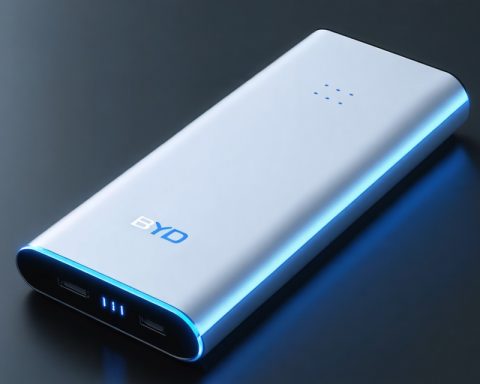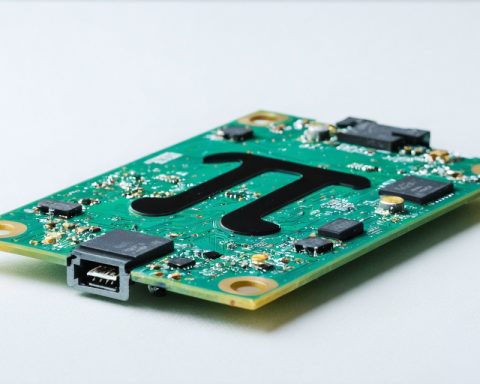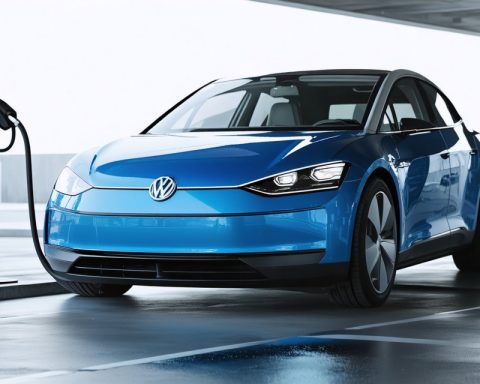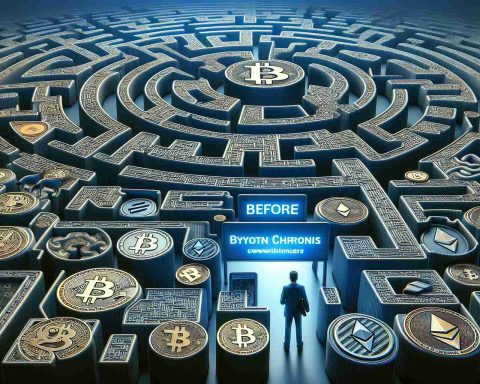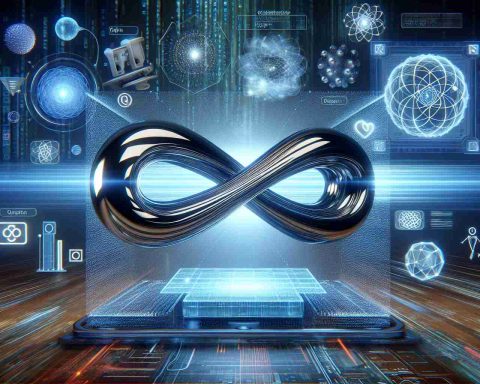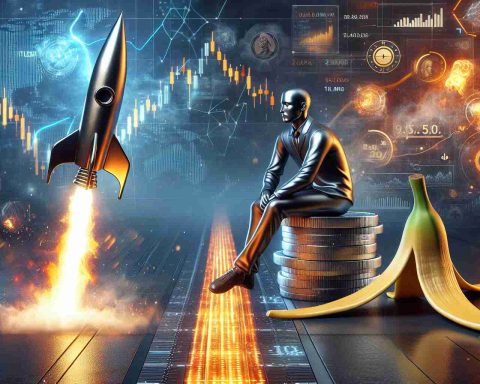- Europe is transforming EV battery production by focusing on environmental sustainability and local resources.
- British startup Altilium uses innovative recycling techniques to rejuvenate EV battery materials, reducing costs by 20% and lowering emissions by 70%.
- Altilium reduces Europe’s dependency on China’s supply chain for cathode materials.
- Munich-based tozero uses a hydrometallurgical process to make graphite in lithium-ion batteries more sustainable, aiming for net zero emissions.
- tozero’s pilot project plans to recycle enough graphite to power 50,000 EVs annually by 2027.
- European regulations now mandate significant recycled content in new EV batteries by 2030.
- Altilium and tozero’s innovations advance Europe’s goal of a greener, sovereign battery industry.
Europe’s push for environmental sustainability sparks an electrifying transformation in electric vehicle (EV) battery production. Envision a world where European cities pulse with cars powered by locally sourced and recycled components, where unwanted batteries become gold mines rather than waste. Two European trailblazers are navigating this new frontier by unlocking groundbreaking advances in battery recycling.
Enter Altilium—the British startup whose innovation pulses through the veins of e-mobility. Using ingenious recycling techniques, Altilium rejuvenates the cathode active materials essential for EV batteries, matching the prowess of freshly mined equivalents. Not only does this shift cut financial costs by a fifth, it shrinks carbon emissions by a breathtaking 70%. Altilium’s methods promise to shatter the binds of dependency on China’s sprawling supply chain.
Across the continent, Munich-based startup tozero delves into the deep carbon conundrum of lithium-ion batteries: graphite. Deploying a hydrometallurgical process, tozero refines this critical material toward “net zero” emissions, aiming for stellar sustainability when coupled with renewables. Their pilot project targets a substantial leap by 2027—a veritable river of recycled graphite, enough to power 50,000 EVs annually.
Europe’s regulations now weave sustainability into the tapestry of industry standards, requiring significant portions of recycled materials in new EV batteries by 2030. Altilium and tozero’s advancements not only align with these rules but propel a visionary shift from reliance on Chinese resources to a greener, sovereign European industry.
Every freshly recycled battery bolsters this vision. By harnessing collective ingenuity, the continent races toward a future where sustainable mobility is not just an aspiration, but a vibrant reality—echoing through urban sprawls and lush countrysides alike.
Shocking EV Battery Innovations Transform Europe’s Green Goals
How-To Steps & Life Hacks
How to Choose the Right EV Battery:
1. Understand Battery Chemistry: Look into the composition of lithium-ion batteries. Consider whether recycled materials meet the same standards as newly mined ones, a key feature offered by startups like Altilium.
2. Assess the Source: Verify if the battery components are locally sourced with a reduced carbon footprint. Companies like tozero promise significantly lower emissions in their production process.
3. Focus on Longevity and Performance: Look at warranty and performance stats that might be affected by the inclusion of recycled components. Aim for a balance between sustainability and reliability.
Real-World Use Cases
– City Fleets: Municipalities aiming for sustainable public transportation can employ recycled-battery EVs for buses and service vehicles, drastically reducing urban pollution.
– Corporate Sustainability Initiatives: Businesses with large vehicle fleets can cut costs and carbon by adopting locally recycled battery technologies that startups like Altilium provide.
Market Forecasts & Industry Trends
The European EV battery market is projected to accelerate, driven by stringent EU regulations mandating recycled content in batteries. By 2030, nearly 50% of new EV batteries will include recycled materials, marking a 25% increase in the recycling rate compared to today. This shift in trends is partially propelled by the work of companies like tozero moving towards “net zero” emissions.
Reviews & Comparisons
– Altilium vs. tozero: While Altilium focuses on rejuvenating cathode materials, tozero is pioneering graphite refinement. Both contribute significantly to reduced manufacturing costs and environmental impact, though their methodologies differ in handling battery components.
Controversies & Limitations
A significant hurdle is the scaling of recycling technologies to meet industrial demands. Some experts question whether these startups can ensure consistent quality in recycled materials. Furthermore, although promising, hydrometallurgical processes like those tozero uses are still under scrutiny for their economic feasibility.
Features, Specs & Pricing
– Altilium’s Offerings: Promises cost reductions of 20% alongside a 70% decrease in emissions. Pricing could be affected by scaling and the rate at which they can secure used batteries for recycling.
– tozero’s Technologies: Aims to close the loop on graphite with minimal emissions. The exact specifications of these batteries are evolving as their pilot projects advance.
Security & Sustainability
Adopting recycled batteries reduces dependency on volatile supply chains, enhancing resource security—key for energy sovereignty. Additionally, using renewable energy in recycling processes bolsters these benefits, providing a model for sustainable production.
Insights & Predictions
With European regulations taking center stage, we anticipate robust growth in localized recycling technologies. These advancements position the continent to potentially lead the world in sustainable battery production, diminishing reliance on traditional mining.
Pros & Cons Overview
Pros:
– Reduces carbon footprint significantly
– Costs less than newly mined materials
– Strengthens local industries
Cons:
– Scale-up challenges
– Potential inconsistencies in recycled materials
– Initial economic feasibility concerns
Quick Tips for Immediate Implementation
– Educate yourself on local recycling initiatives and partnerships.
– Advocate for support of startups like Altilium and tozero wherever possible.
– Consider sustainability in every purchase decision related to electric vehicles and infrastructure.
By focusing on these innovative steps and insights, Europe is poised to revolutionize its EV industry, setting a global benchmark in sustainable battery production.
For more on sustainable technologies, visit link name.

